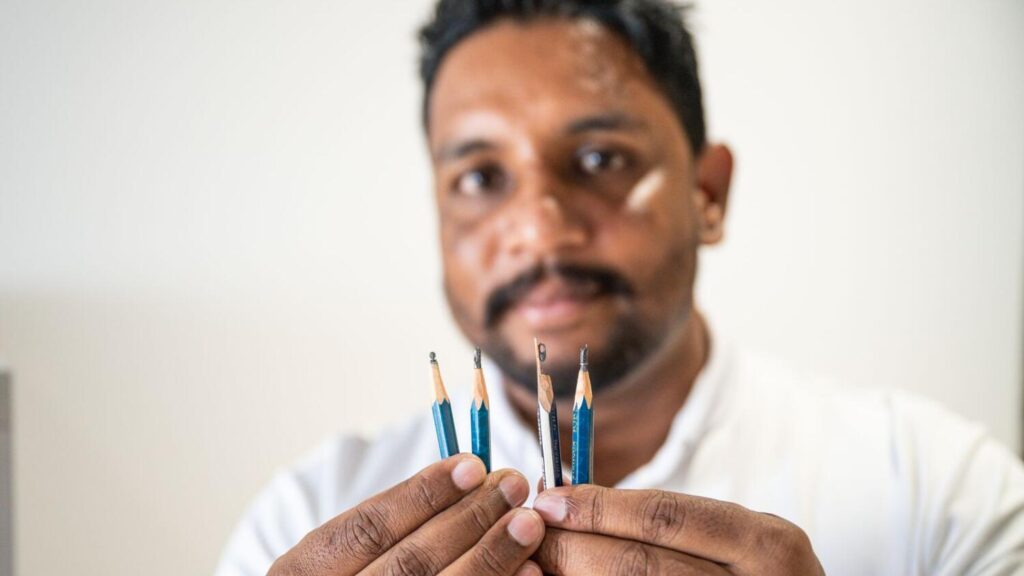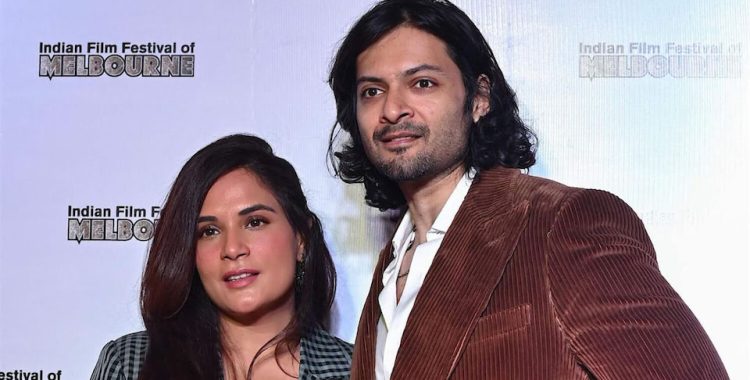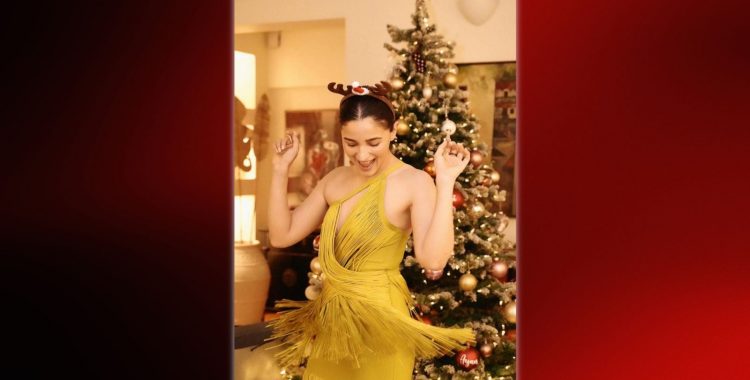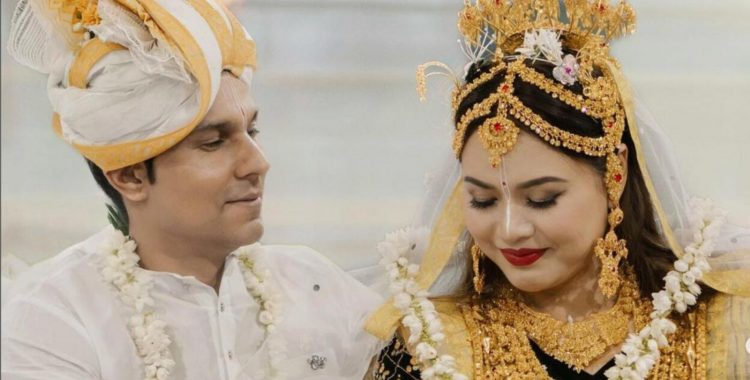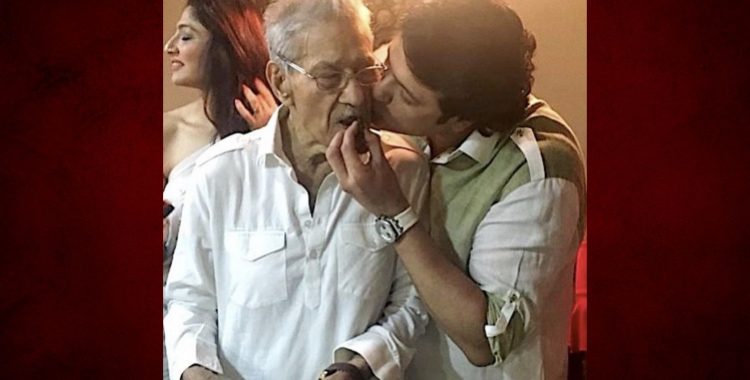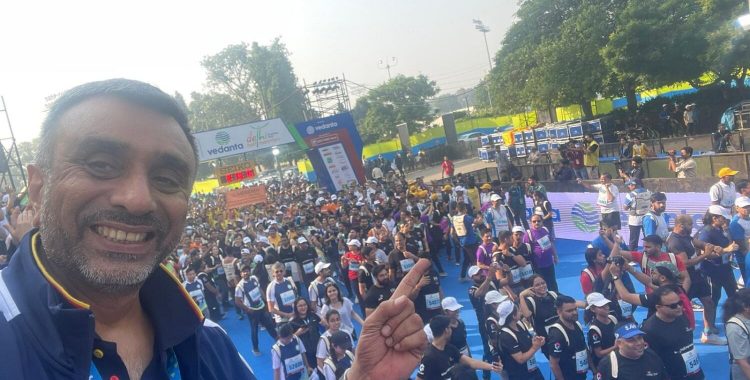In 2017, Samsun Masih came to Dubai, dreaming of making something of himself. “This is where people from all over the world come to live and work. This is a place that opens up a world of possibilities,” he says. Samsun (a Christian from Punjab, India) had developed a keen interest in micro art, a form of fine art usually made with the help of microscopes or eye surgeon tools, when he was still in primary school in India. But hailing from an impoverished family in Punjab’s Gurdaspur district meant that he could not afford these tools. “I was about to pass out from school when I saw a work of micro art by a Hungarian artist in a newspaper, and was completely fascinated,” recalls Masih, who lives in Sharjah’s Al Nahda. “And immediately, I tried carving out a heart on the tip of the pencil, and was thrilled when I was able to do it with a needle.”
The roots of passion
Samsun spent a whole year in 2010 experimenting with different kinds of micro art on pencil tips. Micro art demands precision, and in the absence of the equipment that actually facilitates it, Samsun began to experience pain in his eyes. But the resolve was too strong. A few weeks of treatment later, he returned to his passion.
Artistic ambition and financial well-being do not always go together. And yet, Samsun chose the former and enrolled himself for a diploma in art at Hasta Shilpa College in Gurdaspur, which, he now says, did not help him much because the curriculum revolved around traditional forms of art. It did not help matters when he failed to find mentors in micro art around him. An audition in India’s Got Talent in 2015 offered hope, but he could not advance further. If he remembers that time fondly now it is because of the support he received from the team who “helped him with lights and proper equipment for micro art”. Owing to the precision demands of micro art, it requires brightly lit workspace.


Moving to the city of dreams
With three brothers and a younger sister, pursuing art began to seem a luxury for him. Which is when he came to Dubai as a taxi driver for the Road and Transport Authority (RTA). He was certain this is where his talent would be recognised. While driving taxi during the day, there would be short breaks when there would be no customers, and that’s the time he would spread a towel on his lap and work on his pencil art. “Once I showed my work to a passenger, who assured me he would put me in touch with people who could showcase my work. I tried to get in touch with some art galleries in Sharjah too, but because of lack of funds, I was unable to take it forward,” says the 32-year-old.
What also turned out to be a hindrance was his lack of understanding of how to showcase his works on social media, like TikTok, where he has 3,000 followers, and Instagram, where he only has upwards of 200 followers. “I could not make my content go viral because I don’t know how to get audiences hooked on to something like this,” says Samsun. “For example, I have not received training on photographing my artworks. I take pictures from my phone. Ironical because I learnt a much more difficult discipline on my own.”

One of his unique works of micro art is a chain made of graphite using the same pencil. The work is so intricate that it sheds light on his intricate craftsmanship. “I had seen someone make a chain using the same pencil on YouTube. It was a chain with 15 holes. I wanted to replicate that. I tried doing it 30 times, but every time, the pencil would break. Finally, after spending a few months, I was able to finish it,” says Samsun, who ordinarily takes a month to finish a work of micro art. Driving through various landmarks in Dubai, he has etched Burj Al Arab, Museum of the Future, Palm Jumeirah, and Dubai Frame on the tip of his 4b and 6b pencils. Will he ever sell these works? “Why not? If there are takers.”
Samsun has also created micro art on soap and even etched letters on a single grain of rice. From needles, he has now graduated to using tools like surgical blade and paper cutter.
Six months ago, Samsun left his job at RTA to pursue his passion fulltime. He is still certain that Dubai will open up a world of possibilities for him. Given that he was trained in a more conventional art forms s, one wonders if he’ll change course again and return to painting. “What’s the point? Anyone can paint, but this is something unique,” he asserts. “I am sure one day people will know me in the art world.”



